'Healthy Fats' You Should Be Eating More Of (And Why)
For years, fats were treated like the enemy—blamed for everything from clogged arteries to expanding waistlines. But science has flipped the script. We now know that the right fats don’t just belong in your diet—they’re essential to it. From fueling your brain to fighting inflammation, healthy fats play a powerful role in keeping your body strong, satisfied, and thriving. The key is knowing which ones to embrace and why they matter. That’s why we’ve expanded our guide to 16 Healthy Fats You Should Be Eating More Of—each backed by real benefits, not outdated fear. Whether you’re building a smarter plate, improving your heart health, or simply rethinking what “healthy” really looks like, this list is your evidence-based, flavor-forward guide. Let’s clear the confusion and get to the good stuff—because fat isn’t the problem. Ignoring it is.
1. Avocados: The Creamy Powerhouse
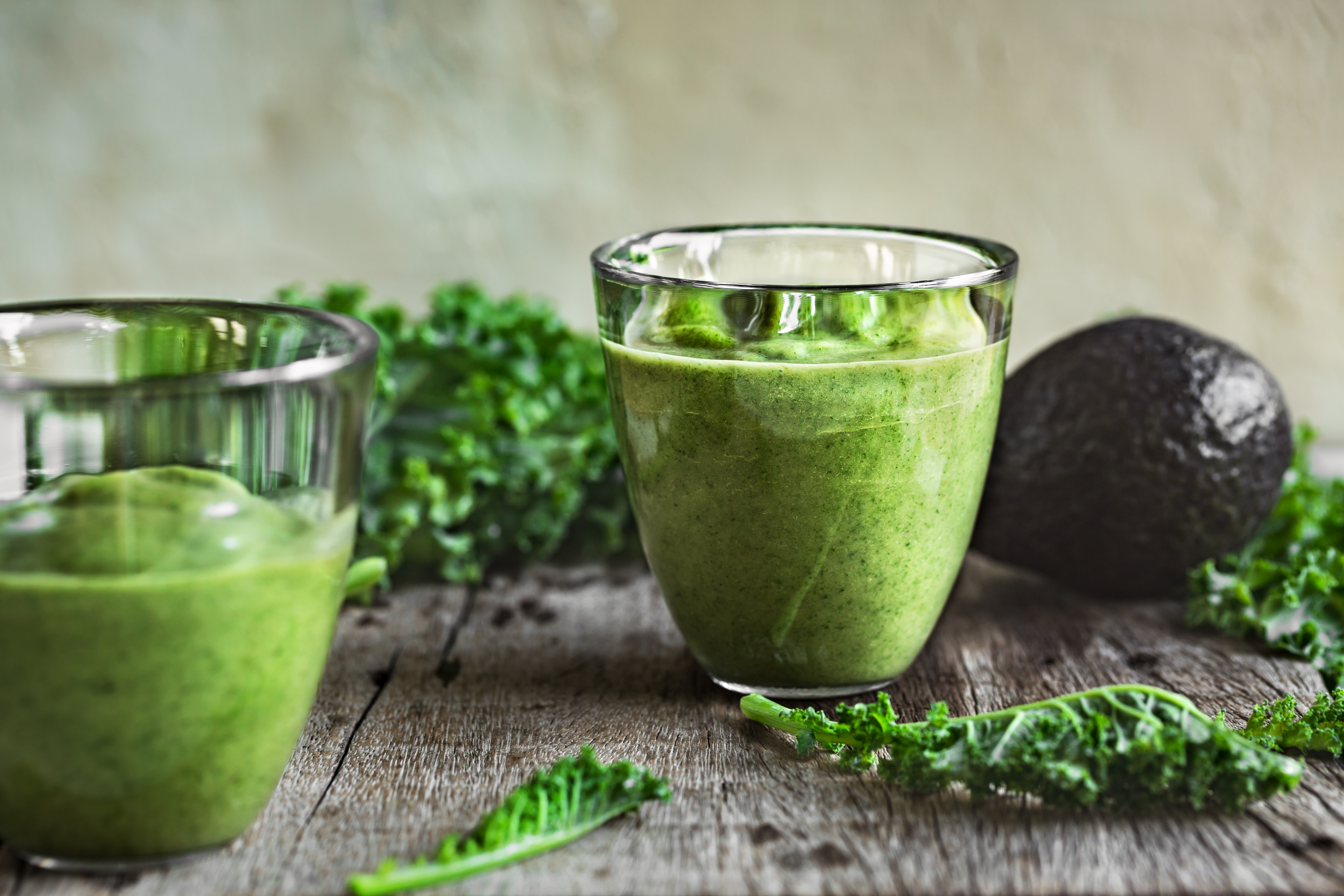
Avocados have become synonymous with the modern healthy diet, and for good reason. These creamy fruits are rich in monounsaturated fats, particularly oleic acid, which has been linked to reduced inflammation and improved heart health. Unlike other fruits, avocados provide a substantial amount of healthy fats, making them a unique addition to any meal. Their versatility allows them to be incorporated into a variety of dishes, from salads to smoothies, providing a creamy texture and a wealth of nutrients. In addition to their fat content, avocados are packed with vitamins and minerals, including potassium, vitamin K, and folate. Potassium is essential for maintaining healthy blood pressure levels, while vitamin K plays a critical role in bone health and blood clotting. The high fiber content of avocados also contributes to digestive health and can aid in weight management by promoting a feeling of fullness. This combination of nutrients makes avocados an excellent choice for those looking to boost their nutrient intake while enjoying the benefits of healthy fats. Moreover, avocados contain antioxidants such as lutein and zeaxanthin, which are vital for eye health. These compounds help protect the eyes from harmful light waves and may reduce the risk of age-related eye diseases. By including avocados in your diet, you not only enjoy their delicious taste but also support your overall health. Whether spread on toast, blended into a smoothie, or sliced into a salad, avocados offer a simple and delicious way to embrace the power of healthy fats.
2. Olive Oil: Liquid Gold for Your Health
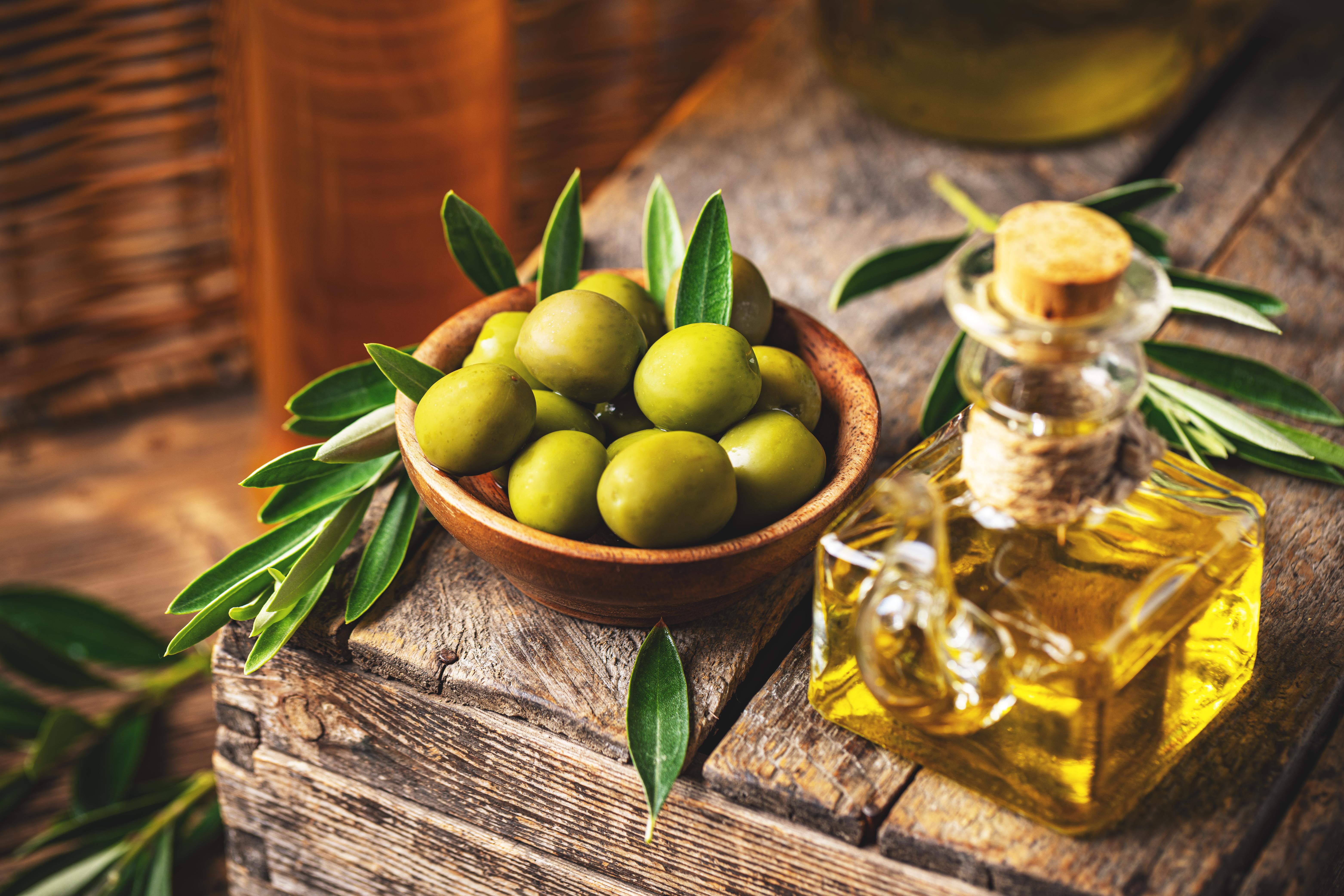
Olive oil, often referred to as "liquid gold," has been a staple of Mediterranean diets for centuries. Its reputation as a health-promoting fat is well-deserved, largely due to its high content of monounsaturated fats and polyphenols. The primary fat found in olive oil is oleic acid, which has been shown to reduce inflammation and may have beneficial effects on genes linked to cancer. Regular consumption of olive oil has been associated with a reduced risk of cardiovascular diseases, making it a heart-healthy choice. The benefits of olive oil extend beyond its fat content. It is rich in antioxidants, which help combat oxidative stress and reduce inflammation in the body. These antioxidants, including vitamin E and various phenolic compounds, play a crucial role in protecting the body from chronic diseases. Studies have shown that diets rich in olive oil can improve markers of heart health, such as lowering LDL cholesterol levels and increasing HDL cholesterol levels. Incorporating olive oil into your diet is simple and versatile. It can be used as a base for salad dressings, drizzled over vegetables, or used for cooking at moderate temperatures. The key to maximizing the health benefits of olive oil is to choose extra virgin varieties, which are less processed and retain more of the beneficial nutrients. By making olive oil a regular part of your diet, you can enjoy its flavorful taste while reaping the numerous health benefits it offers.
3. Nuts: Tiny Packages of Nutrient-Dense Energy
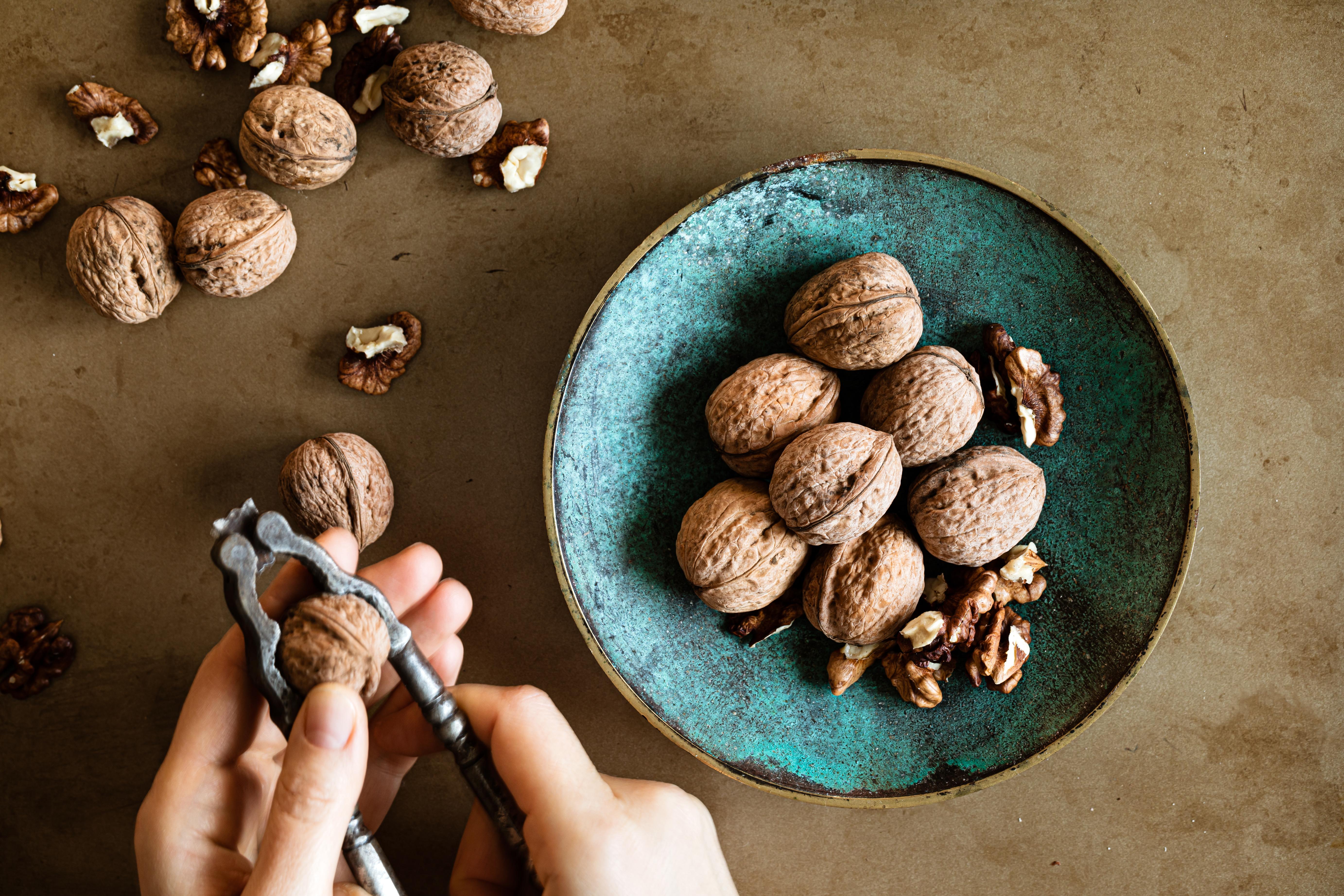
Nuts are small but mighty when it comes to their nutritional profile. They are an excellent source of healthy fats, particularly monounsaturated and polyunsaturated fats, which are essential for heart health. Each type of nut offers a unique blend of nutrients, but they all share the common benefit of being rich in healthy fats, protein, and fiber. This combination makes nuts a satisfying and energy-boosting snack that can help support weight management by promoting satiety. Almonds, for example, are high in vitamin E, an antioxidant that supports skin health and protects cells from oxidative damage. Walnuts are a notable source of alpha-linolenic acid (ALA), a plant-based omega-3 fatty acid that supports brain health and may reduce inflammation. Cashews provide a good amount of magnesium, which is essential for bone health and energy production. The diversity of nutrients found in nuts makes them a valuable addition to any diet. Regular consumption of nuts has been linked to numerous health benefits, including reduced risk of heart disease, improved cholesterol levels, and better blood sugar control. Despite their high-calorie content, studies have shown that eating nuts does not lead to weight gain and may even support weight loss efforts. This is likely due to their ability to enhance feelings of fullness and reduce overall calorie intake. By incorporating a variety of nuts into your diet, you can enjoy their flavorful crunch while supporting your overall health.
4. Seeds: Tiny Nutritional Powerhouses
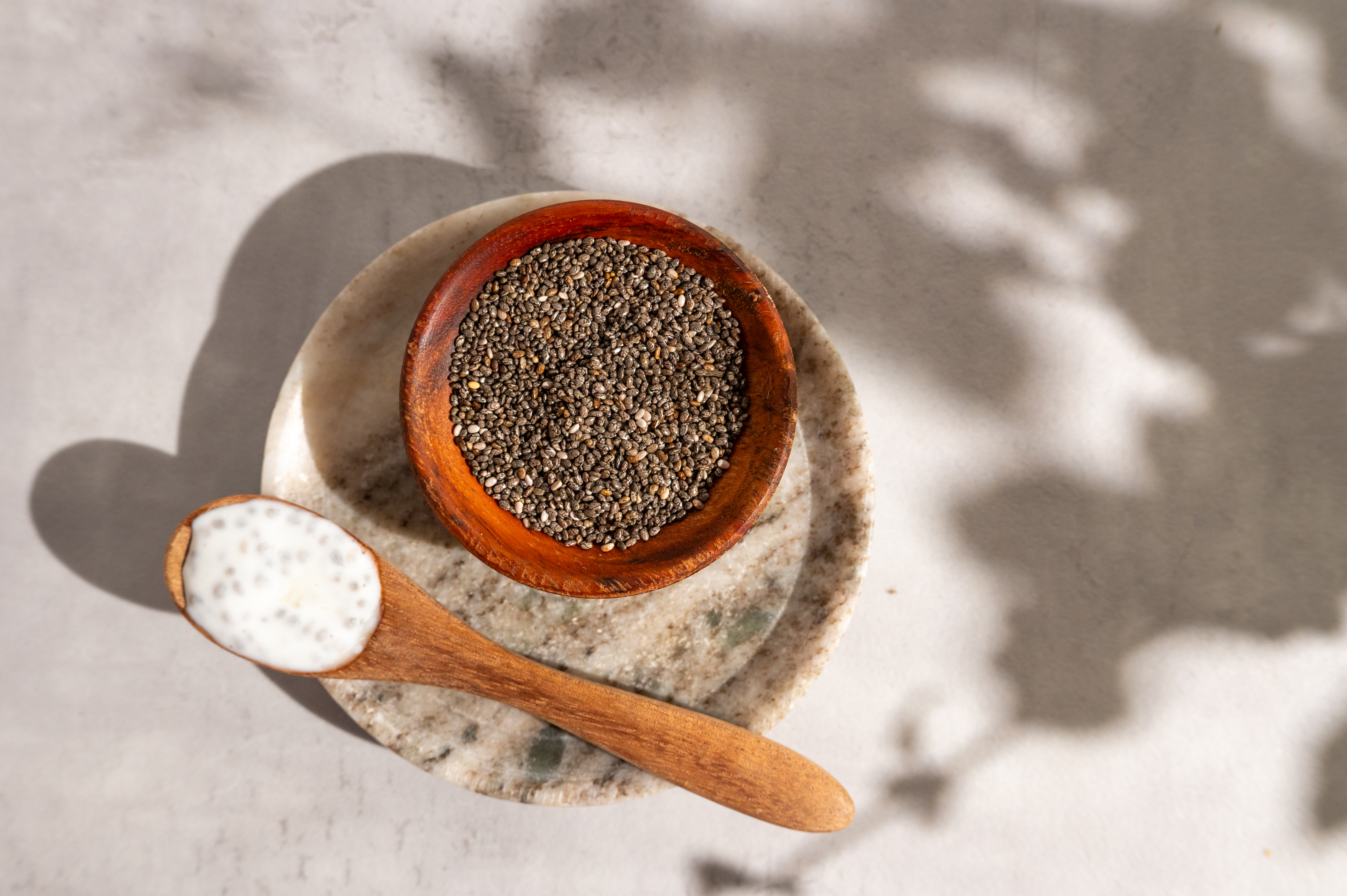
Seeds may be small, but they are packed with nutrients and healthy fats that can have a big impact on your health. Chia seeds, flaxseeds, and hemp seeds are particularly renowned for their high content of omega-3 fatty acids, fiber, and protein. These seeds are an excellent plant-based source of healthy fats, making them an ideal choice for vegetarians and vegans looking to boost their omega-3 intake. The healthy fats found in seeds support heart health, brain function, and reduce inflammation. Chia seeds are rich in alpha-linolenic acid (ALA), a type of omega-3 fatty acid that has been shown to lower the risk of heart disease. They also contain a significant amount of fiber, which aids in digestion and promotes a feeling of fullness. Flaxseeds are another excellent source of ALA and are known for their lignan content, which may have cancer-fighting properties. Hemp seeds are unique in that they provide a complete protein, containing all nine essential amino acids, making them an excellent choice for muscle repair and growth. Incorporating seeds into your diet is easy and versatile. They can be sprinkled on yogurt, added to smoothies, or used as a topping for salads and oatmeal. Their mild flavor allows them to be easily integrated into a variety of dishes, enhancing both the nutritional value and texture. By including seeds in your diet, you can enjoy their myriad health benefits while adding a satisfying crunch to your meals.
5. Fatty Fish: The Omega-3 Rich Delicacy
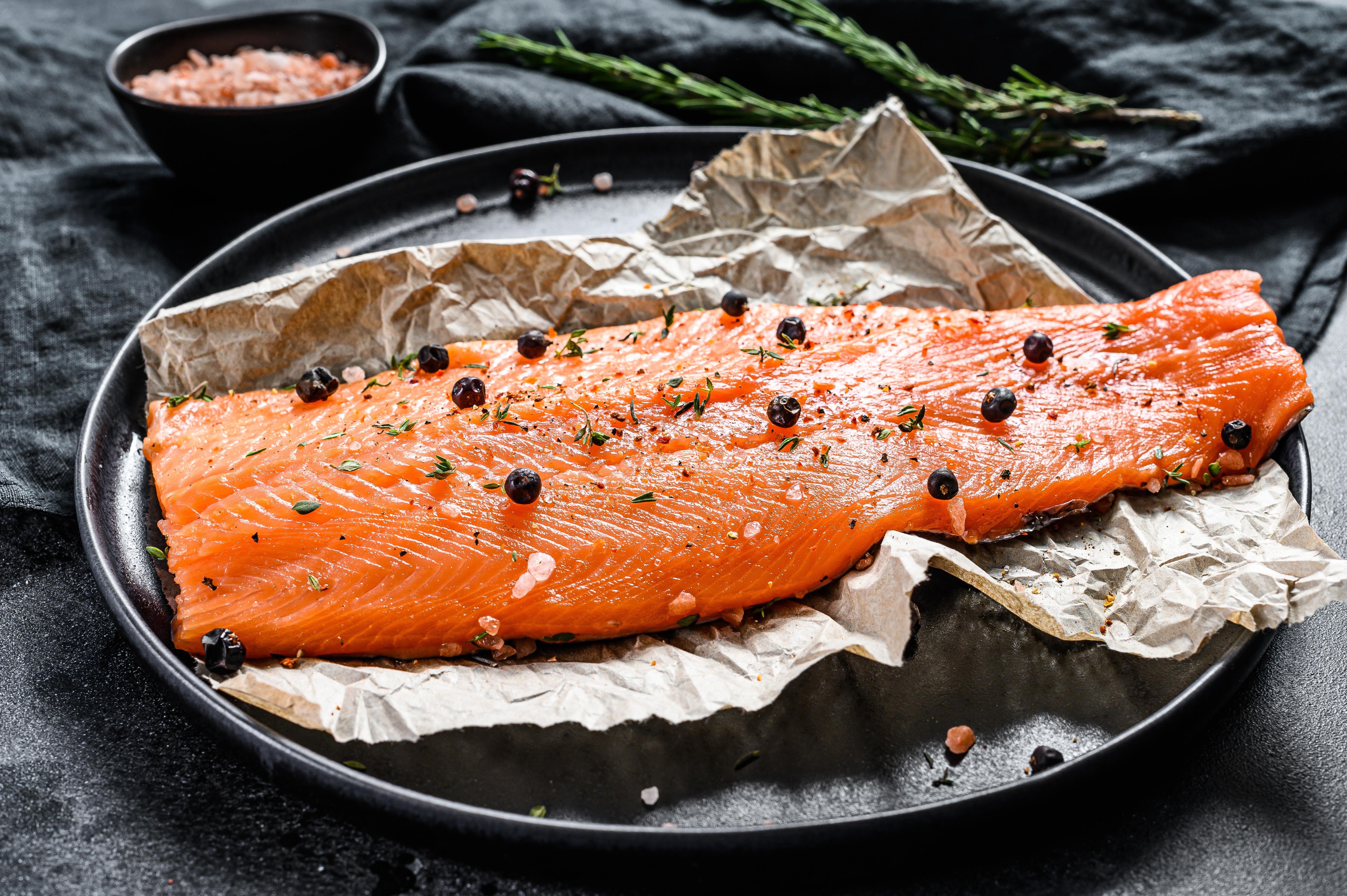
Fatty fish, such as salmon, mackerel, sardines, and trout, are among the best sources of omega-3 fatty acids, which are essential for maintaining heart and brain health. Omega-3s, particularly eicosapentaenoic acid (EPA) and docosahexaenoic acid (DHA), play a crucial role in reducing inflammation, lowering blood pressure, and improving overall cardiovascular health. Regular consumption of fatty fish has been associated with a reduced risk of heart disease, making it an important component of a heart-healthy diet. In addition to their omega-3 content, fatty fish are an excellent source of high-quality protein, which is essential for muscle growth and repair. They are also rich in important nutrients such as vitamin D and selenium, which support immune function and bone health. The combination of healthy fats, protein, and essential vitamins and minerals makes fatty fish a nutritional powerhouse that can support overall health and well-being. Incorporating fatty fish into your diet is both delicious and versatile. They can be grilled, baked, or poached and served with a variety of sides, making them a versatile option for any meal. For those who prefer not to eat fish, fish oil supplements can provide a convenient alternative to ensure adequate omega-3 intake. By including fatty fish in your diet, you can enjoy their rich flavor while reaping the numerous health benefits they offer.
6. Coconut Oil: A Tropical Treasure
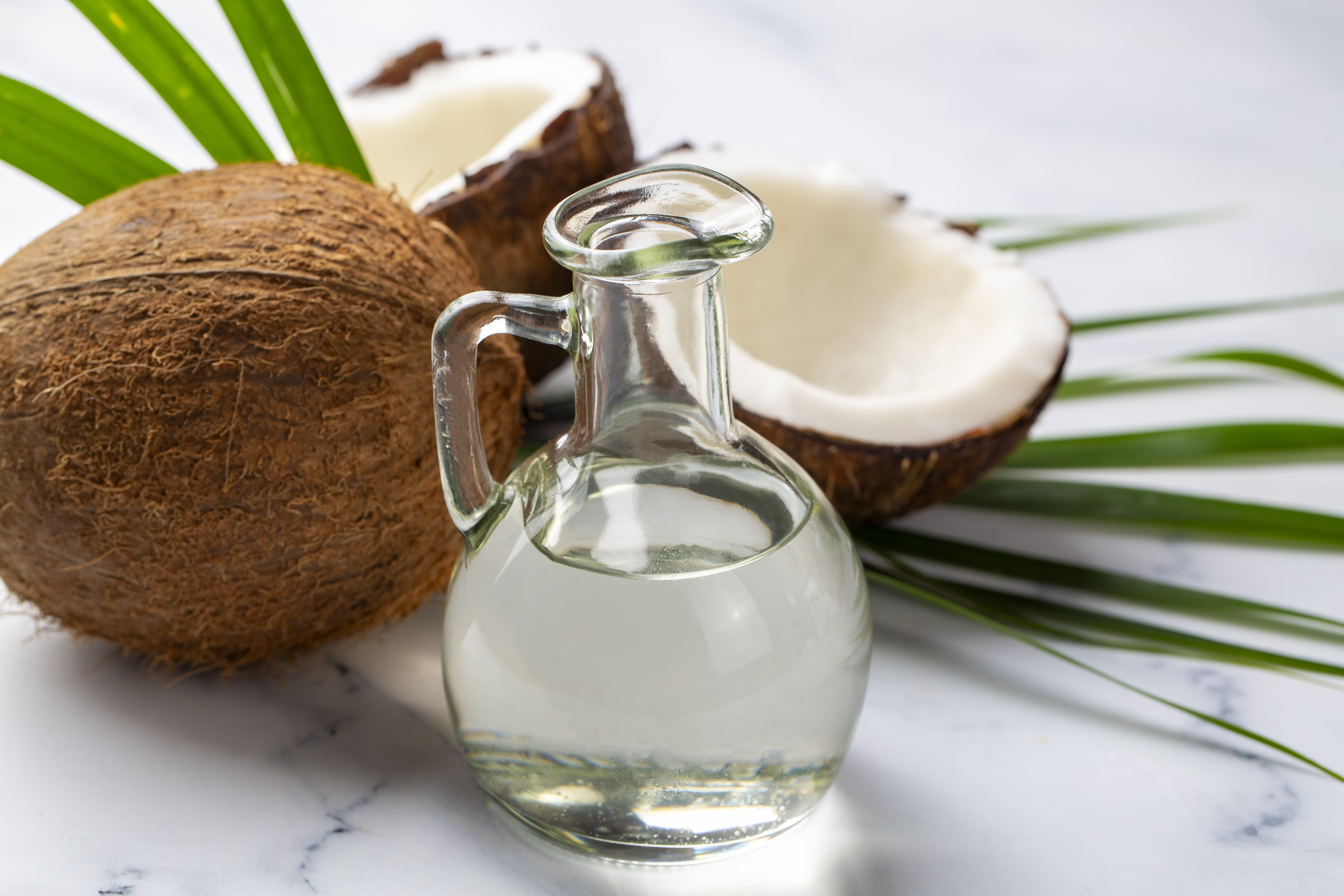
Coconut oil has gained popularity in recent years as a versatile and health-promoting fat. Unlike many other plant-based oils, coconut oil is high in saturated fats, particularly medium-chain triglycerides (MCTs), which are metabolized differently than other types of fats. MCTs are quickly absorbed and used for energy, making coconut oil a popular choice among athletes and those following low-carb diets. Despite its high saturated fat content, coconut oil has been linked to various health benefits, including improved brain function and increased fat burning. The unique composition of coconut oil makes it particularly beneficial for brain health. The MCTs in coconut oil are converted into ketones, which can provide an alternative source of energy for the brain. This has led to interest in coconut oil as a potential therapeutic option for neurodegenerative diseases such as Alzheimer's. Additionally, coconut oil has antimicrobial properties due to its lauric acid content, which can help support immune function and protect against harmful pathogens. Incorporating coconut oil into your diet is simple and versatile. It can be used for cooking at high temperatures, added to smoothies, or used as a spread. Its mild, sweet flavor makes it a delicious addition to both sweet and savory dishes. By including coconut oil in your diet, you can enjoy its unique health benefits while adding a tropical twist to your meals.
7. Dark Chocolate: The Sweet Indulgence with Benefits

Dark chocolate is a delicious treat that also offers a surprising array of health benefits. Unlike milk chocolate, dark chocolate is rich in healthy fats, particularly stearic acid, which has a neutral effect on cholesterol levels. It is also high in antioxidants, including flavonoids, which have been shown to improve heart health by reducing inflammation and lowering blood pressure. The combination of healthy fats and antioxidants makes dark chocolate a heart-healthy indulgence that can be enjoyed in moderation. In addition to its heart health benefits, dark chocolate has been shown to improve brain function and mood. The flavonoids in dark chocolate can increase blood flow to the brain, enhancing cognitive function and reducing the risk of neurodegenerative diseases. Dark chocolate also contains compounds that stimulate the production of endorphins, which can improve mood and promote feelings of well-being. This makes dark chocolate a delicious way to support both mental and emotional health. When choosing dark chocolate, it is important to select varieties with a high cocoa content, as these contain the highest levels of beneficial compounds. Aim for chocolate that contains at least 70% cocoa to maximize health benefits. By enjoying dark chocolate in moderation, you can satisfy your sweet tooth while supporting your overall health.
8. Eggs: The Incredibly Edible Nutrient Bomb

Eggs have long been a dietary staple, and for good reason. They are an excellent source of high-quality protein and healthy fats, particularly monounsaturated and polyunsaturated fats. Despite past concerns about their cholesterol content, research has shown that eggs do not significantly impact blood cholesterol levels for most people. Instead, they provide a wide range of essential nutrients, including vitamins A, D, E, and B12, as well as choline, which is important for brain health. The healthy fats found in eggs, particularly omega-3 enriched varieties, support heart health and reduce inflammation. Eggs are also rich in antioxidants such as lutein and zeaxanthin, which are crucial for maintaining eye health and reducing the risk of age-related macular degeneration. The combination of healthy fats, protein, and essential nutrients makes eggs a nutritional powerhouse that can support overall health and well-being. Incorporating eggs into your diet is both simple and versatile. They can be enjoyed boiled, scrambled, poached, or as part of a variety of dishes, from omelets to salads. Their versatility makes them an easy addition to any meal, providing a satisfying and nutrient-dense option. By including eggs in your diet, you can enjoy their delicious taste while reaping the numerous health benefits they offer.
9. Full-Fat Dairy: A Return to Tradition
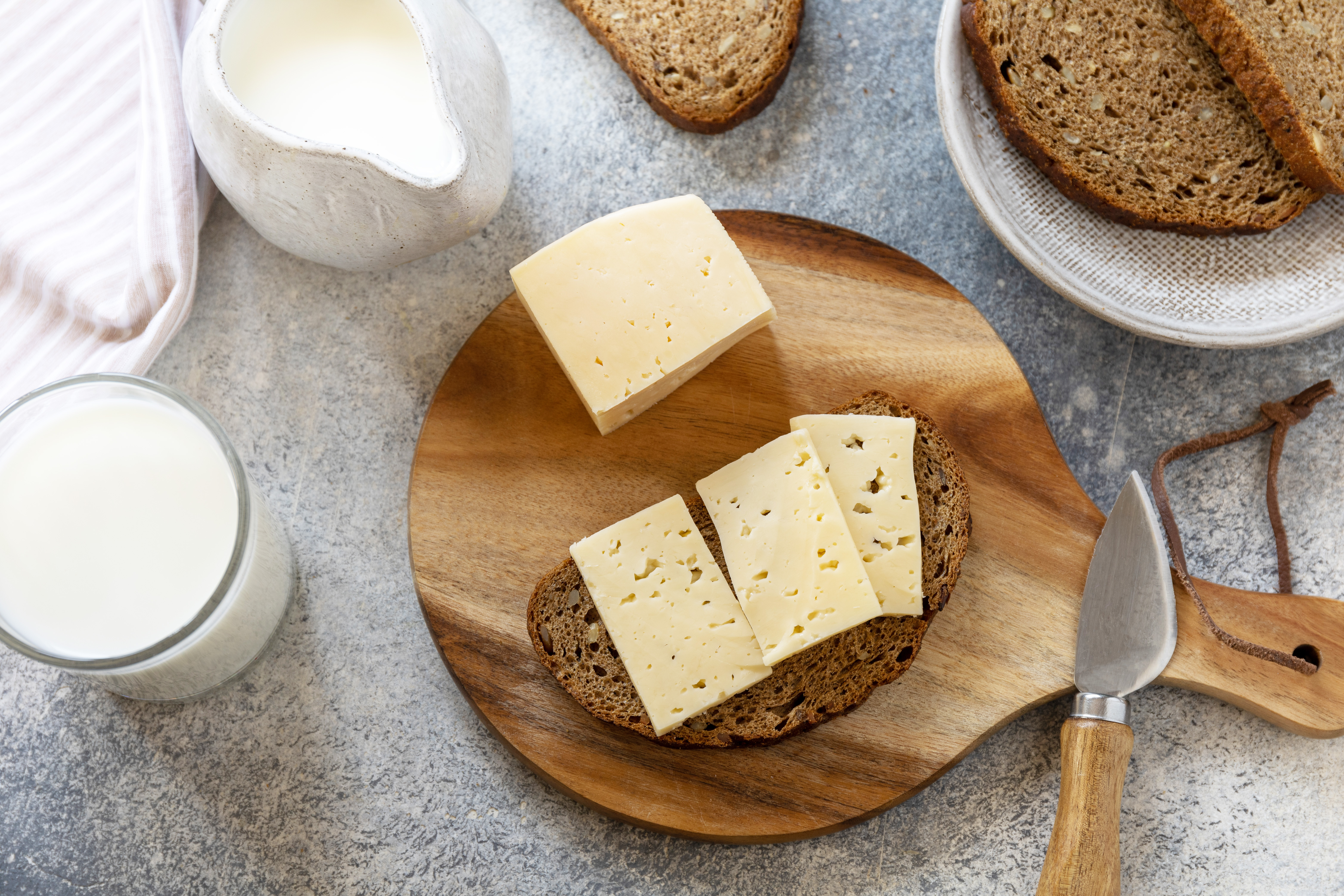
Full-fat dairy products, such as whole milk, cheese, and yogurt, have made a comeback in recent years as research has highlighted their potential health benefits. Unlike their low-fat counterparts, full-fat dairy products contain a higher concentration of healthy fats, particularly conjugated linoleic acid (CLA), which has been linked to reduced body fat and improved metabolic health. The healthy fats in full-fat dairy can also support heart health by improving cholesterol levels and reducing inflammation. In addition to their fat content, full-fat dairy products are rich in essential nutrients such as calcium, vitamin D, and phosphorus, which are crucial for maintaining strong bones and teeth. They also provide a good source of protein, which is important for muscle repair and growth. The combination of healthy fats, protein, and essential nutrients makes full-fat dairy a valuable addition to a balanced diet. Incorporating full-fat dairy into your diet is both delicious and versatile. It can be enjoyed on its own or used as an ingredient in a variety of dishes, from smoothies to sauces. The key to enjoying full-fat dairy is moderation, as it is higher in calories than low-fat options. By including full-fat dairy in your diet, you can enjoy its rich flavor while supporting your overall health.
10. Grass-Fed Meats: Quality Over Quantity

Grass-fed meats have gained popularity as a healthier alternative to conventionally raised meats. Unlike grain-fed animals, grass-fed animals are raised on a natural diet of grass, which results in meat that is higher in omega-3 fatty acids and lower in saturated fats. The healthy fats found in grass-fed meats support heart health and reduce inflammation, making them a valuable addition to a balanced diet. In addition to their fat content, grass-fed meats are rich in essential nutrients such as vitamin E, beta-carotene, and conjugated linoleic acid (CLA), which have been linked to various health benefits, including improved immune function and reduced risk of chronic diseases. The combination of healthy fats and essential nutrients makes grass-fed meats a nutritious choice for those looking to improve their overall health. Incorporating grass-fed meats into your diet is both delicious and versatile. They can be enjoyed grilled, roasted, or used as an ingredient in a variety of dishes, from stews to salads. The key to enjoying grass-fed meats is moderation, as they are higher in calories than leaner cuts. By including grass-fed meats in your diet, you can enjoy their rich flavor while supporting your overall health.
11. Nut Butters: Creamy and Nutritious
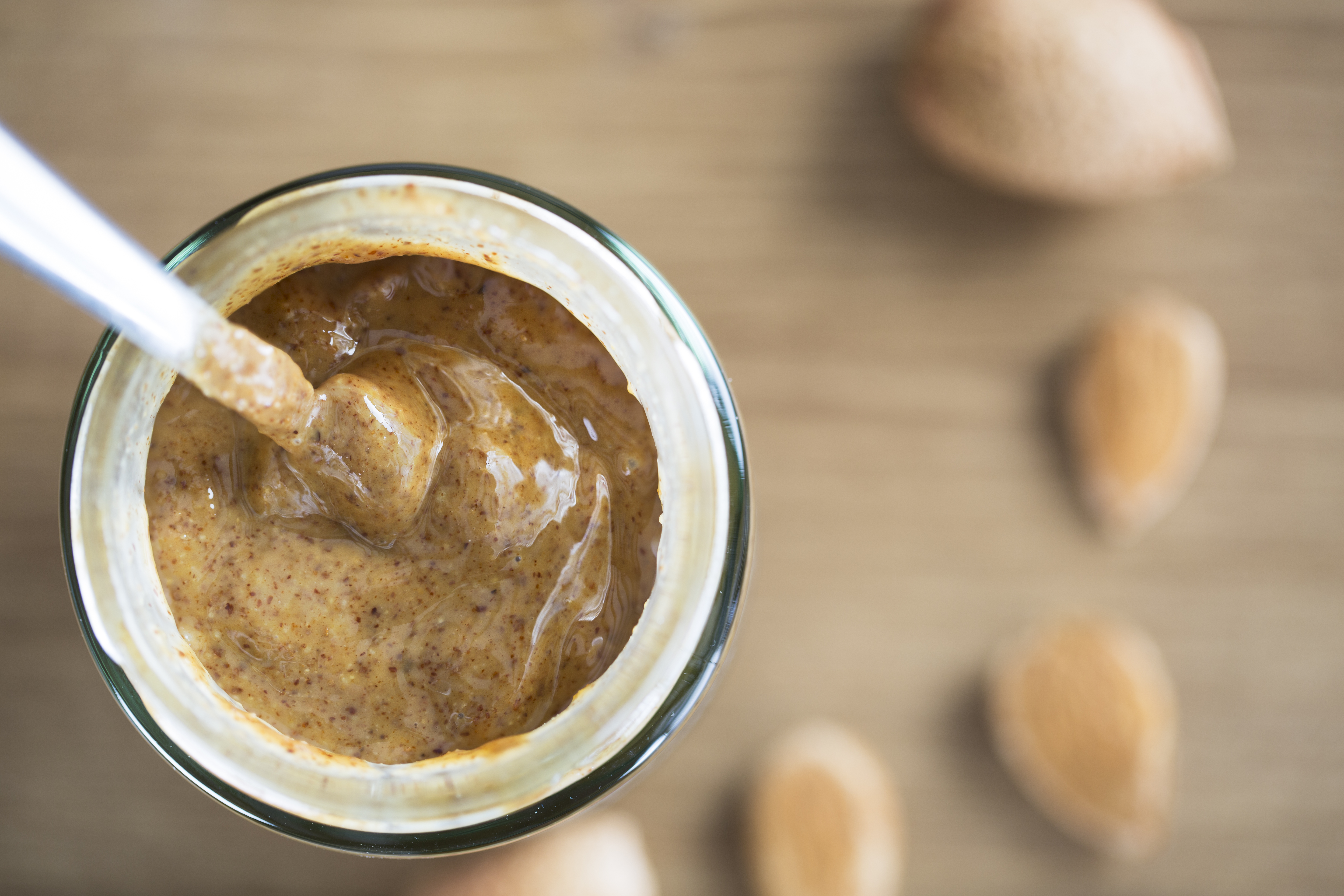
Nut butters, such as almond butter, peanut butter, and cashew butter, are a delicious and convenient way to enjoy the health benefits of nuts. They are rich in healthy fats, particularly monounsaturated and polyunsaturated fats, which support heart health and reduce inflammation. The healthy fats in nut butters also provide a source of sustained energy, making them an ideal choice for a quick and satisfying snack. In addition to their fat content, nut butters are a good source of protein, fiber, and essential nutrients such as vitamin E, magnesium, and zinc. These nutrients support various aspects of health, from immune function to bone health. The combination of healthy fats, protein, and essential nutrients makes nut butters a valuable addition to a balanced diet. Incorporating nut butters into your diet is both simple and versatile. They can be spread on toast, added to smoothies, or used as a dip for fruits and vegetables. Their creamy texture and rich flavor make them a satisfying addition to any meal or snack. By including nut butters in your diet, you can enjoy their delicious taste while reaping the numerous health benefits they offer.
12. Tahini: The Unsung Hero of Healthy Fats
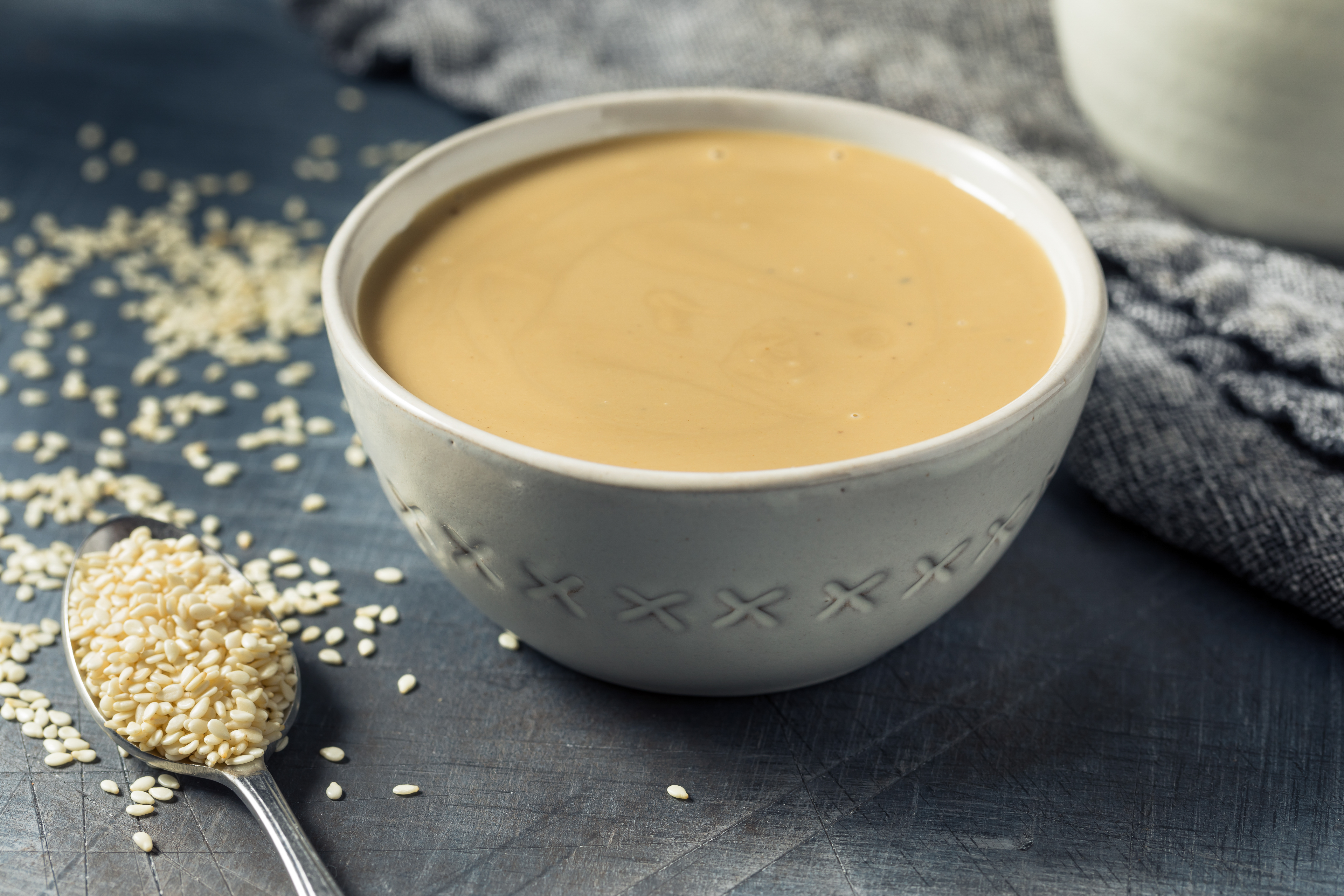
Tahini, a paste made from ground sesame seeds, is a creamy, nutty powerhouse of healthy fats. Rich in monounsaturated and polyunsaturated fats, it supports heart health and reduces inflammation while delivering an impressive dose of plant-based calcium and iron. Tahini also contains lignans, compounds with antioxidant and estrogen-balancing properties. Often overshadowed by more popular nut butters, tahini is incredibly versatile—it blends seamlessly into salad dressings, dips like hummus, sauces, and even desserts. For those with nut allergies, it’s a safe, nutrient-dense alternative that doesn’t compromise on flavor or function. It also offers methionine, an amino acid that helps with liver detoxification and absorption of other proteins. Its Mediterranean roots are steeped in longevity-focused cuisines, making it both culturally rich and nutritionally potent. If you’re looking to diversify your sources of healthy fats, tahini deserves a permanent spot in your pantry.
13. Duck Fat: The Old-World Fat Making a Comeback

Duck fat might sound indulgent, but it’s one of the healthiest animal-based fats when used mindfully. Rich in monounsaturated fats and with a better omega-6 to omega-3 ratio than most commercial oils, duck fat is both heart-friendly and flavor-enhancing. Its high smoke point makes it ideal for roasting vegetables, sautéing, or crisping up potatoes without breaking down into harmful compounds. Duck fat also contains oleic acid—the same heart-protective fat found in olive oil—along with fat-soluble vitamins that aid in nutrient absorption. Long prized in French cuisine, it brings depth and a satisfying mouthfeel to dishes, making even simple meals feel gourmet. Unlike heavily processed oils, duck fat is minimally refined and often comes from pasture-raised birds. Use it sparingly but intentionally—because embracing ancestral fats, when done right, can be both delicious and deeply nourishing.
14. Macadamia Nuts: The Silky Fat Superstar
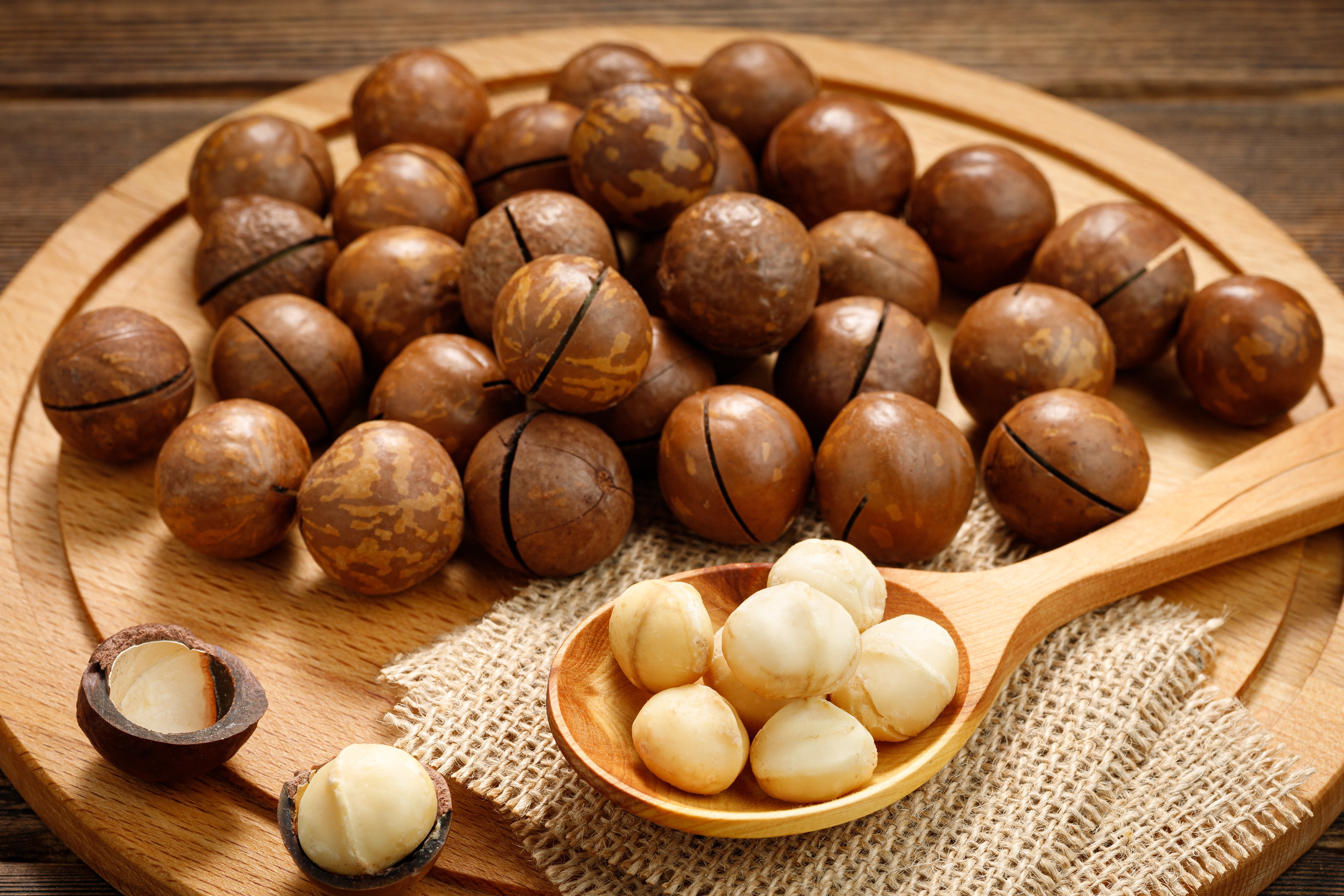
Macadamia nuts are one of the richest natural sources of monounsaturated fats—especially oleic and palmitoleic acids, which support heart health and may improve insulin sensitivity. These buttery, low-carb nuts are also high in flavonoids and tocotrienols (a form of vitamin E), both of which help protect cells from oxidative damage. Unlike other nuts, macadamias are low in omega-6 fats, helping to maintain a balanced fat profile that combats inflammation. Their delicate texture and mildly sweet taste make them a luxurious snack or topping for salads, granola, or yogurt. Though calorie-dense, their fats promote satiety and metabolic stability, making them surprisingly weight-friendly when portioned properly. If you’re looking for a nutrient-dense fat that feels indulgent without the downside, macadamias are a silky, satisfying go-to.
15. Extra Virgin Avocado Oil: The Overlooked Green Gold
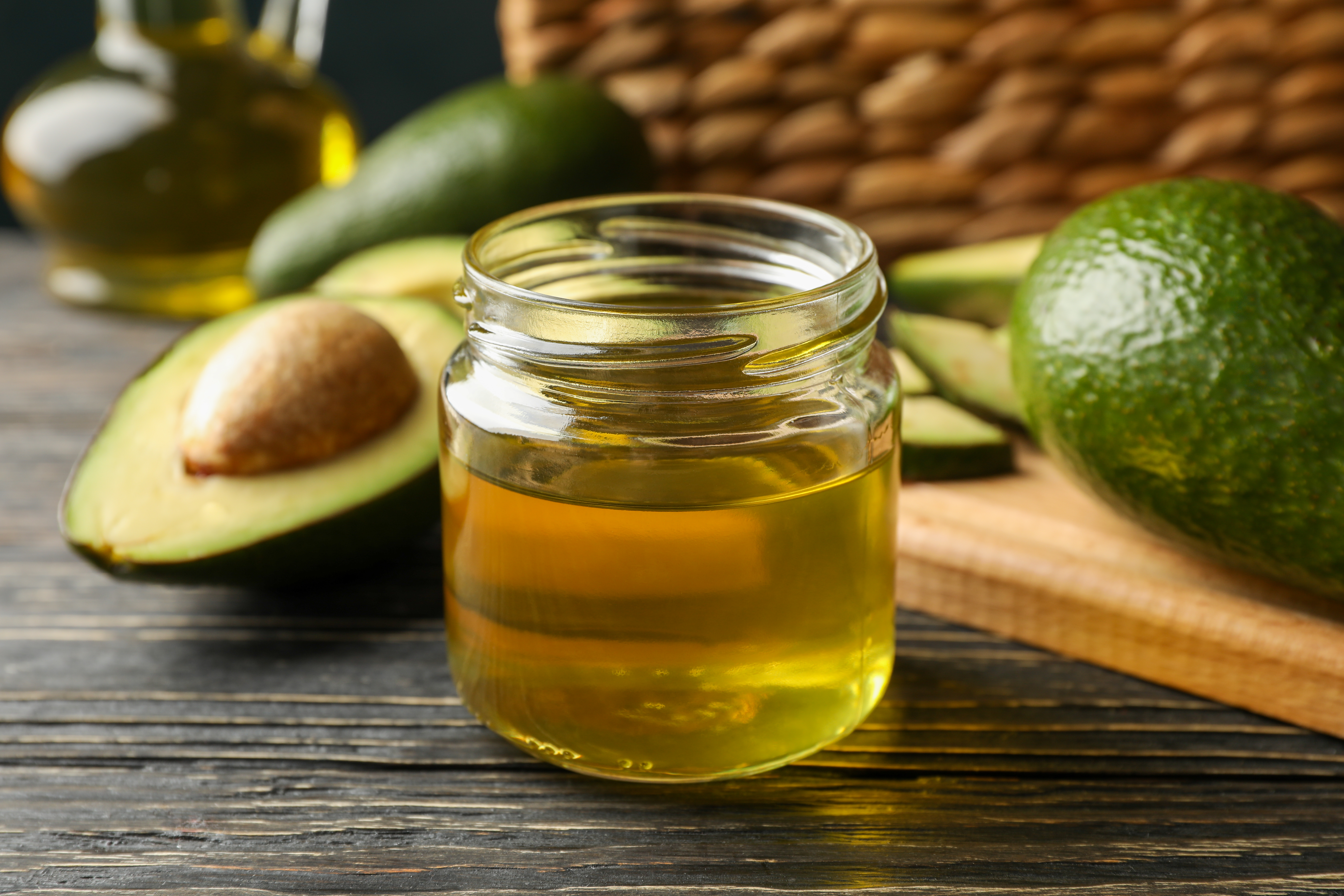
Often overshadowed by olive oil, extra virgin avocado oil is an equally powerful source of heart-healthy monounsaturated fats—particularly oleic acid. It’s also packed with lutein, an antioxidant that supports eye health, and vitamin E, which fights cellular damage. Thanks to its high smoke point, avocado oil is perfect for high-heat cooking like roasting or pan-searing, unlike some oils that degrade at heat. Its mild, neutral flavor also makes it ideal for salad dressings or baking when you want the benefits of healthy fats without overpowering other ingredients. Cold-pressed varieties retain the most nutrients, offering a silky texture and nutrient punch that’s hard to match. If you love the idea of avocados but want an easier way to use them daily, this oil is your pantry’s best-kept secret.
16. Edamame: The Plant-Based Protein with Fat Benefits
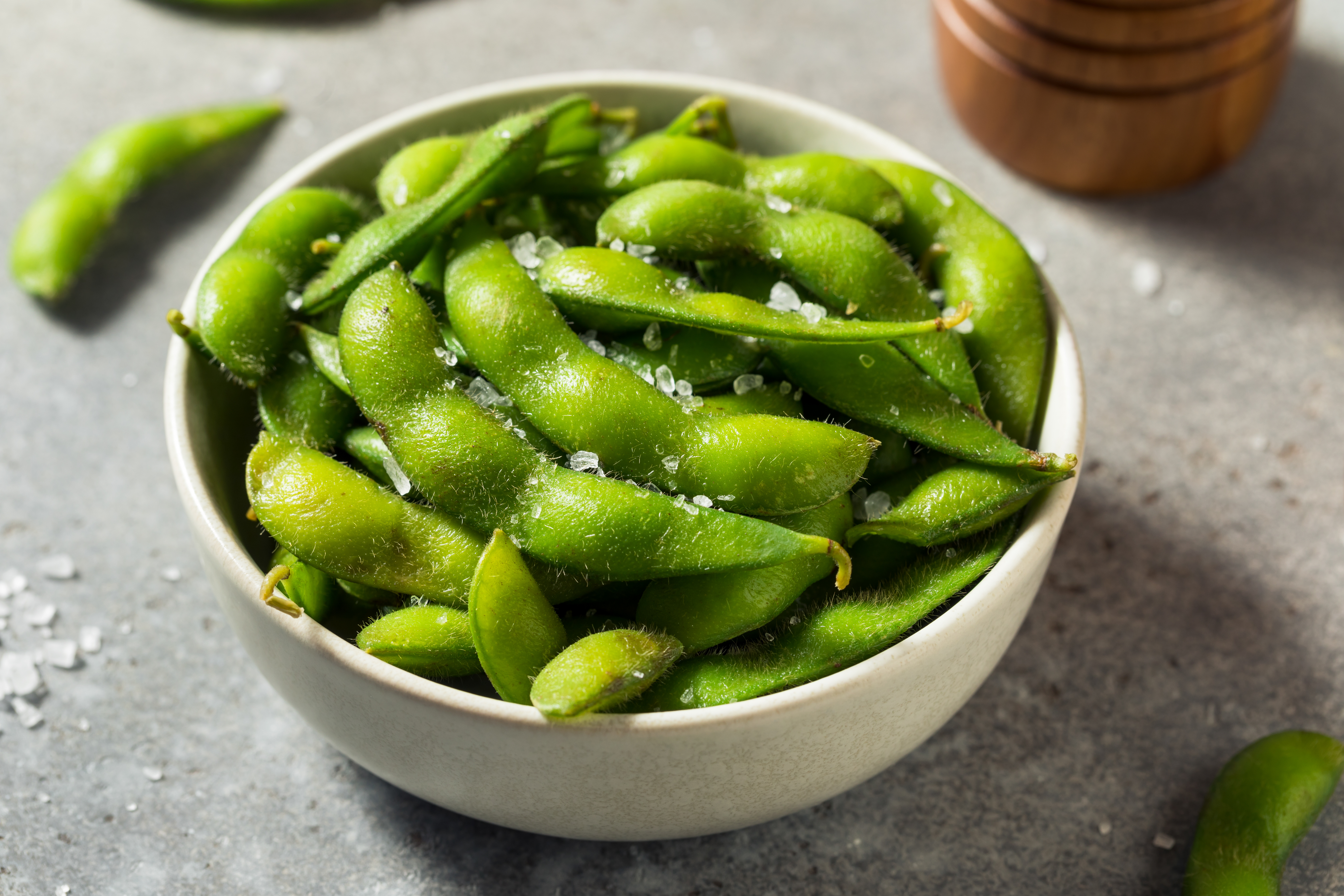
Edamame—young soybeans—are often celebrated for their protein content, but they also provide a healthy dose of polyunsaturated fats, particularly omega-6 and omega-3 fatty acids in a balanced ratio. These fats support heart health and cognitive function while the isoflavones in soy may help regulate cholesterol and improve arterial flexibility. Edamame is also rich in fiber, folate, and vitamin K, making it a triple threat for metabolic and cardiovascular health. A handful of steamed edamame with sea salt is a protein-packed snack that also helps curb cravings thanks to its fat and fiber combo. They work well in salads, stir-fries, grain bowls, or as a standalone snack. For vegetarians or anyone looking to boost plant-based fat sources, edamame offers a flavorful, balanced option that delivers far more than just protein.
Eat Fat, Get Stronger
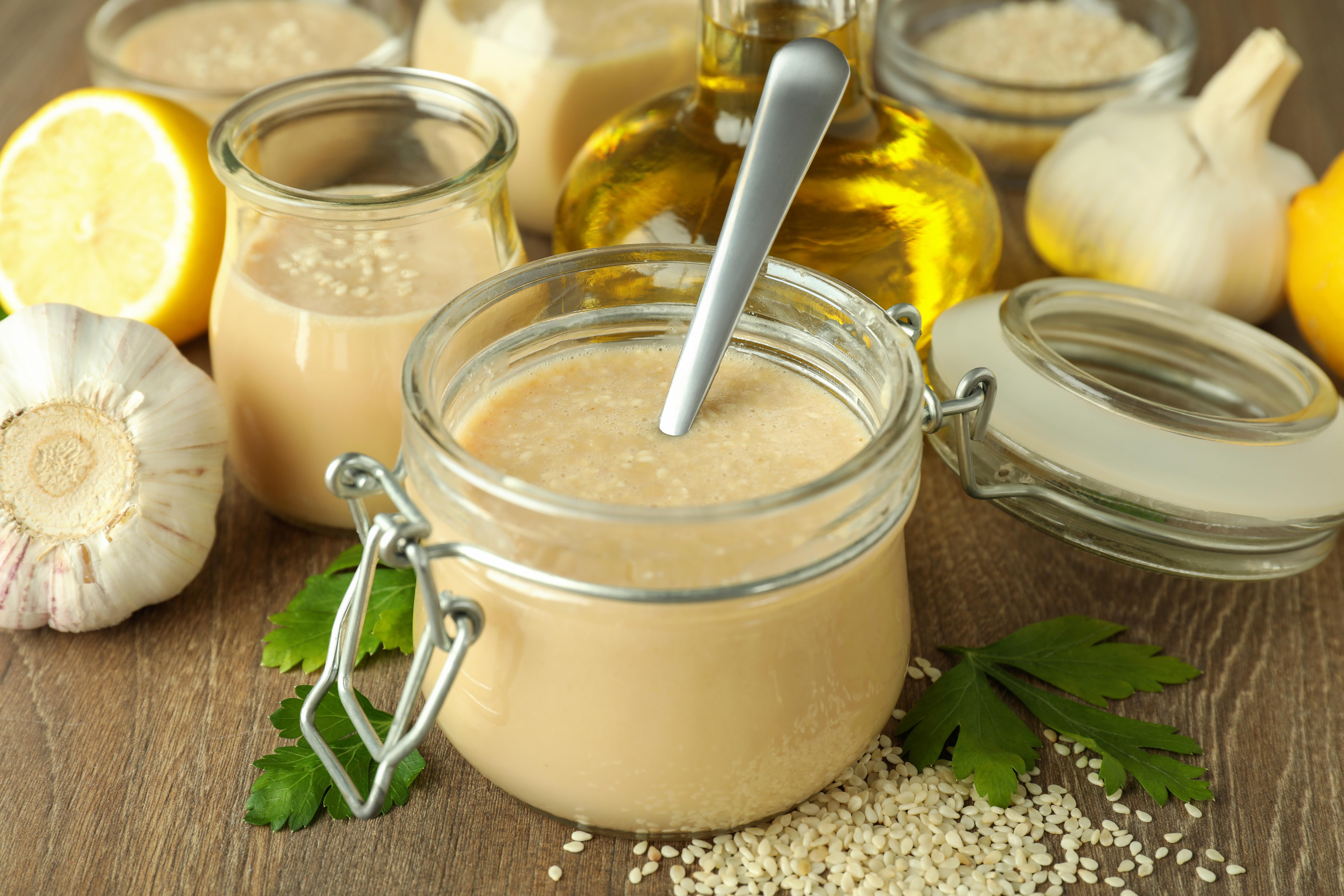
Let’s retire the fear once and for all—fat isn’t the villain. It’s the unsung hero of energy, brainpower, and cellular strength. The real challenge? Knowing which fats to invite to the table and which to leave behind. This list of 16 healthy fats is your starting point—not a trend, but a toolkit. These aren’t just nutrients; they’re messengers, repairers, protectors. They power your metabolism, fight inflammation, balance hormones, and help your body absorb the vitamins it needs to thrive. Whether you drizzle, blend, sauté, or snack, healthy fats are as versatile as they are vital. So go ahead—embrace the avocado, respect the yolk, and don’t fear the oil. Because eating well isn’t about cutting corners or counting calories. It’s about eating smarter, deeper, and with intention. Fat isn’t just allowed in a healthy life—it’s essential to living one. Make room. Your body will thank you.
